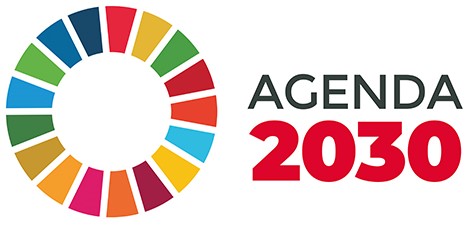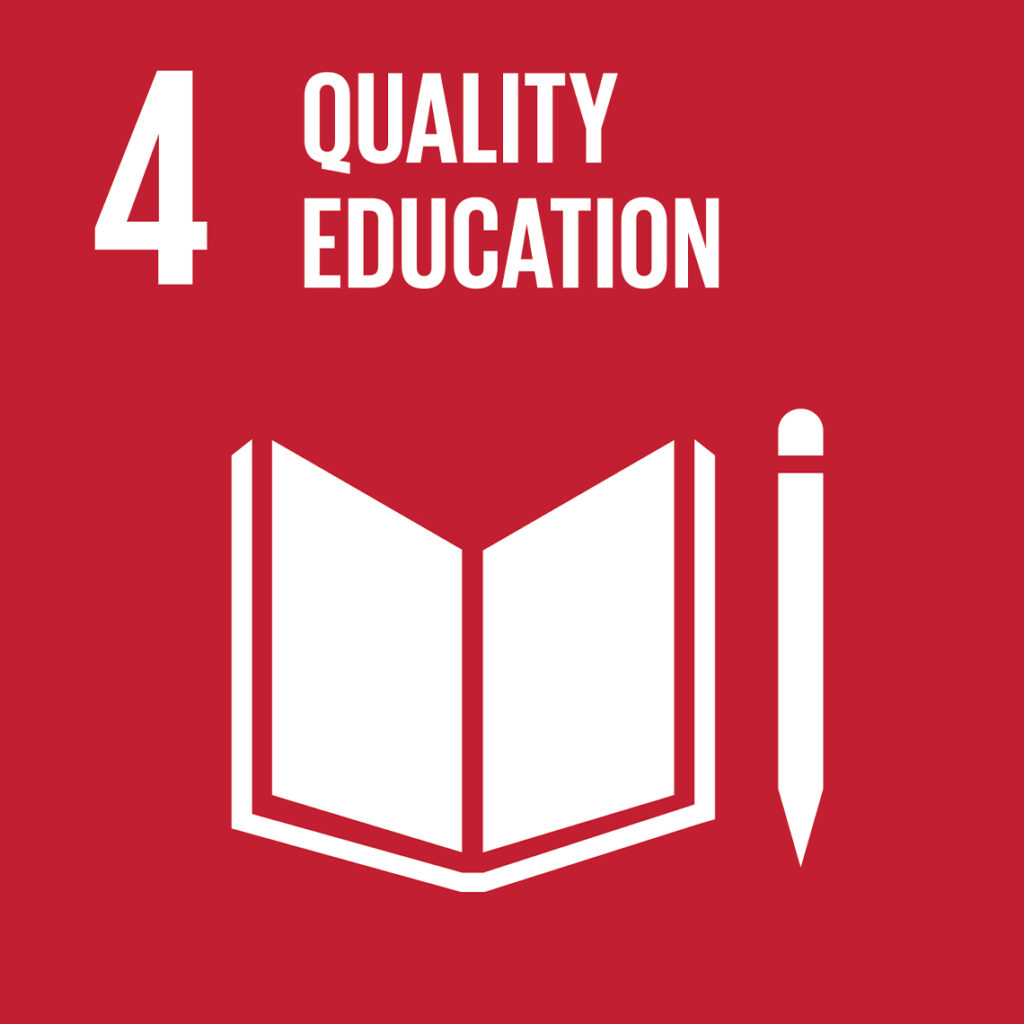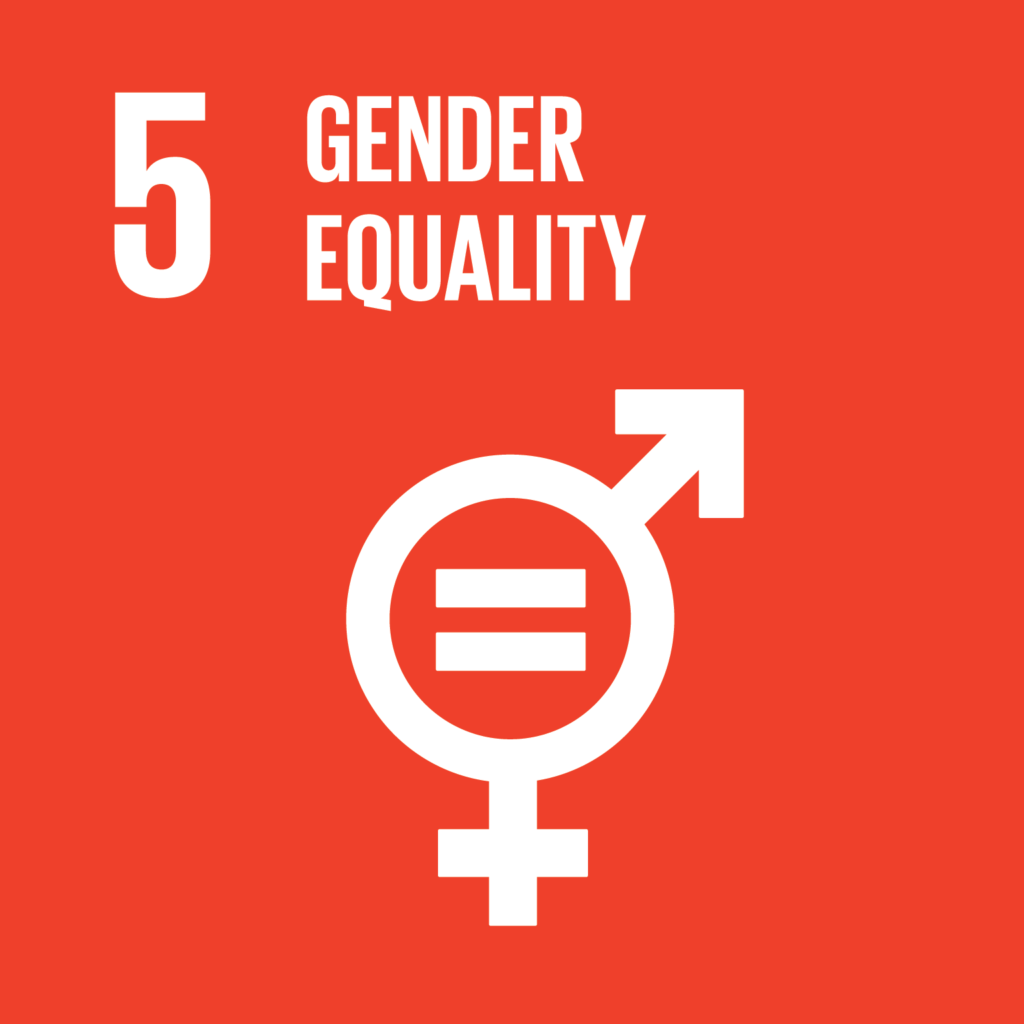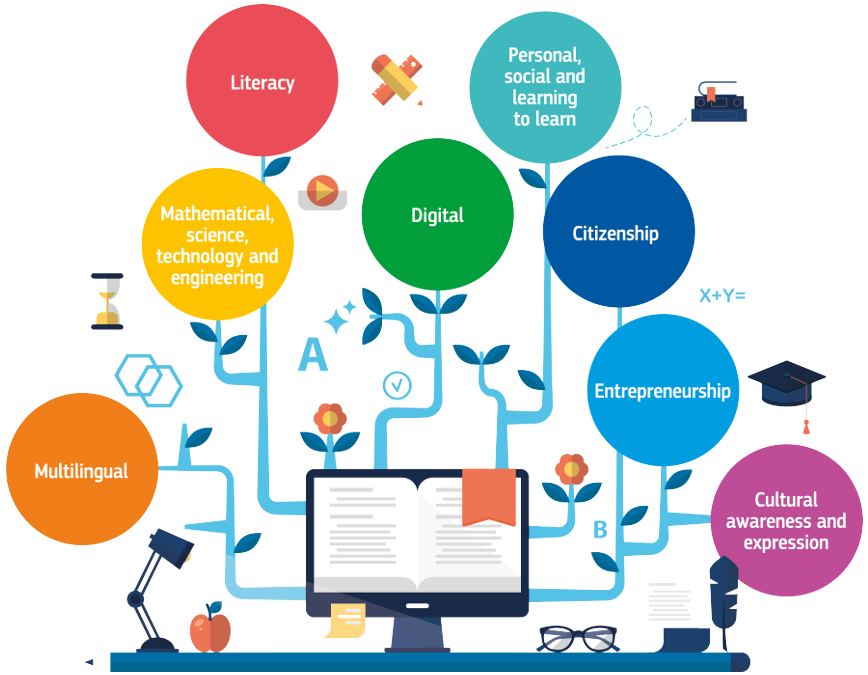
Critical thinking and gender equality: una sfida sociale complessa.
Pensiero critico e parità di genere: una sfida della società complessa.
L’attuale società è definita società liquida, caratterizzata da legami deboli, crisi dei valori, corsa ai consumi, mercificazione dei legami e dei rapporti. Anche i sentimenti sono considerati alla stregua di una merce, facilmente sostituibili.
In un panorama culturale e sociale così complesso, se non si è allenati a pensare in modo critico, si è facili preda di pregiudizi, stereotipi e confinati in steccati ideologici che spesso portano a etichettare le persone e renderle ostaggio di ignoranza, superficialità, scarsa empatia.
Nell’era di iper-connessione che caratterizza l’attuale società, siamo immersi in un continuo flusso di informazioni e notizie: i giovani, in particolare, se non ben allenati al pensiero critico, tendono a recepire passivamente ogni informazione, senza riformularla e metterla in discussione, diventando ostaggio di radicalismi e pensieri propagandistici.
Il presente corso offre le conoscenze teoriche e pratiche per riconoscere e affermare la parità di genere, attraverso lo sviluppo e allenamento del pensiero critico; inoltre fornisce una guida per insegnanti e professionisti dell’educazione per analizzare gli aspetti fondamentali dei processi del pensiero, al fine di guidare gli studenti a pensare criticamente e riconoscere e garantire la parità di genere, a essere indipendenti nell’emettere giudizi, essere in grado di analizzare e valutare l’affidabilità di informazioni, discorsi e argomenti, mettere in discussione gli assunti e rilevare fallacie logiche e distorsioni di pensiero.
Inoltre, attraverso un excursus storico, il corso mette in evidenza l‘evoluzione del concetto di parità di genere e il legame tra questo, il contesto socio culturale e il panorama normativo.
Il corso si basa su una metodologia attiva, laboratoriale, su studi di caso. Al termine del corso i docenti avranno acquisito le competenze necessarie per educare i giovani a pensare criticamente, a riconoscere i pregiudizi e stereotipi e a incentivare e diffondere la parità di genere.
Critical thinking and gender equality: a complex societal challenge.
Today’s society is defined as a liquid society, characterized by weak ties, a crisis of values, a race for consumption, the commoditization of ties and relationships. Even feelings are considered as a
commodity, easily replaceable.
In such a complex cultural and social landscape, if you are not trained to think critically, you are easily prey to prejudices, stereotypes and confined to ideological fences that often lead to label people and make them hostage to ignorance, shallowness, lack of empathy.
In the era of hyper-connection that characterizes the current society, we are immersed in a continuous flow of information and news: young people, in particular, if not well trained in critical thinking, tend to passively receive all information, without reformulating it and questioning it, becoming hostage to radicalism and propaganda thoughts.
This course offers theoretical and practical knowledge to recognize and affirm gender equality, through the development and training of critical thinking; also provides guidance for teachers and education professionals to analyze the fundamental aspects of thought processes in order to guide students to think critically and recognize and ensure gender equality, to be independent in making judgments, to be able to analyze and evaluate the reliability of information, speeches and arguments, to question assumptions and to detect logical fallacies and distortions of thought.
Moreover, through a historical excursus, the course highlights the evolution of the concept of gender equality and the link between this, the socio-cultural context and the regulatory landscape.
The course is based on an active methodology, laboratory, case studies. At the end of the course, teachers will have acquired the necessary skills to educate young people to think critically, to recognize prejudices and stereotypes and to encourage and spread gender equality.
Learning outcomes
- Understand the basics of reasoning
- Determine the importance and relevance of arguments and ideas
- Recognize arguments
- Identify errors in reasoning: logical fallacies and cognitive biases
- Recognize prejudices and stereotypes
- Think critically
- Recognize fake news
- know the mechanisms of thought processes
- recognize prejudices and stereotypes
- acquire empathic and relational skills
- to improve communication skills
- improve your problem solving skills
- improve the ability to work in teams





Course Program
Course introduction
- Introduction to the course, and the external week activities;
- Icebreaker activities;
- Presentations of the participants and participants’ schools.
- reasoning processes
- distortion of reasoning
- debating
- prejudices and stereotypes
- prejudices and stereotypes in the media
- debating
- critical thinking and strategies to develop it
- case studies
- gender equality in official documents
- transcultural analysis of gender equality
- gender equality in history
- project work
- course evaluation: round-up of acquired competencies, feedback, and discussion;
- awarding of the course Certificate of Attendance;
- excursion and other external cultural activities.

